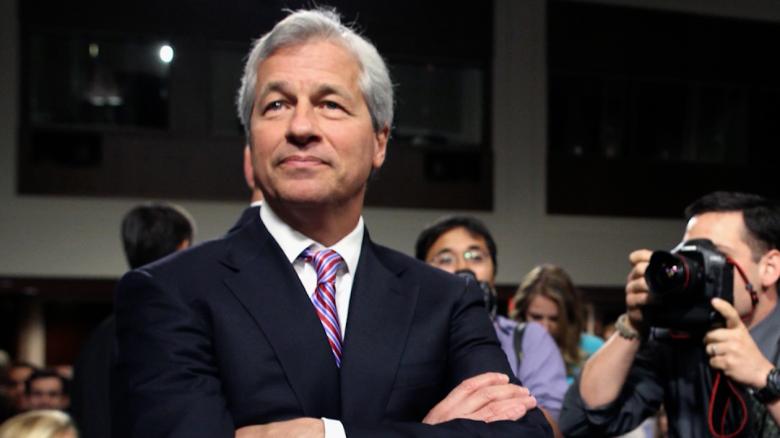Analysis: China is still the ultimate prize that Western banks can’t resist

Major banks in recent weeks have inked deals to expand their footprint in China — or are otherwise attempting to take greater control of their businesses there — after years of being forced to enter the market via “The sheer size of China’s virtually untapped equity and bond market is irresistible to the world’s large financial institutions, especially since Beijing is finally allowing them to operate wholly owned mutual funds,” said Alex Capri, a research fellow at the Hinrich Foundation.China is the world’s second biggest market for stocks and bonds. But it’s largely untapped by foreign investors: International holdings account for about 5% of the $14 trillion stock market, and less than 4% of the $17 trillion onshore bond market, according to stock exchange and central bank data.That started to change last year, after BlackRock (In late 2020, Beijing launched an unprecedented China’s decision to let more foreign firms into the country is “aimed at shoring up collateral damage in the international community,” according to Capri, who added that allowing Western companies to take larger stakes in China also gives Beijing “leverage” over Washington and Brussels.”This will increase tensions between the big financial firms in the US and Europe, and their home governments,” he said.The moneymaking potential in China seems to outweigh any political headaches, though.”While China is facing huge economic headwinds, the country has defied bearish predictions in the past,” Singleton said, adding that Western banks have continued to generate billions of dollars in revenue from China, even with the recent regulatory crackdown.”In other words, Western banks are playing the long game under the guise of portfolio diversification,” he added.China’s motiveAnd even as Beijing tightens its grip over parts of its economy, there are reasons why the country is eager to open its financial industry to foreign investors.The government wants to utilize global expertise as it builds a strong and diverse financial service industry, which it needs to manage its China’s strict adherence to its “zero Covid” strategy and slow, self-isolation from much of the world hasn’t been enough to throw the country off course, either. Last year, Fang Xinghai, vice chairman of the China Securities Regulatory Commission, repeatedly talked about the importance of opening up the financial service industry and drawing on global capital and financial expertise.”One of the Chinese Communist Party’s key attributes has been its adaptability and its pragmatism,” Singleton said. He added that China understands it needs to maintain access to foreign markets, technology and capital, necessitating those continued partnerships with Western firms.”In other words, the CCP must integrate to survive, which means that it cannot completely eschew existing global norms or systems even as it tries to alter them to suit Beijing’s needs,” Singleton said.







